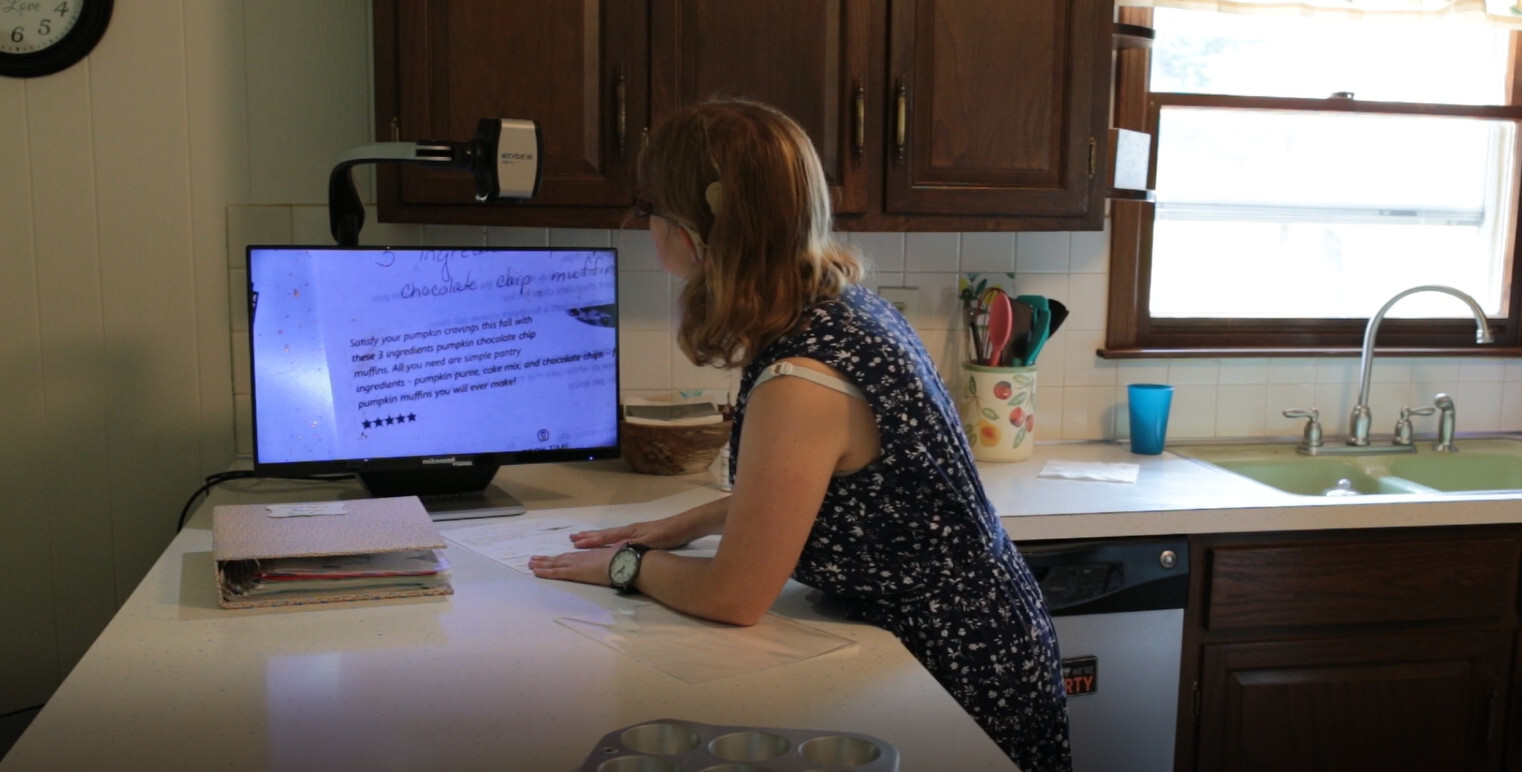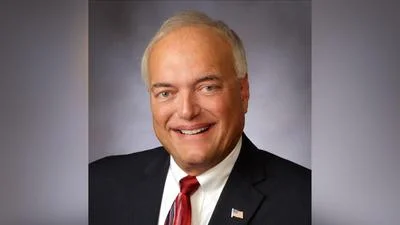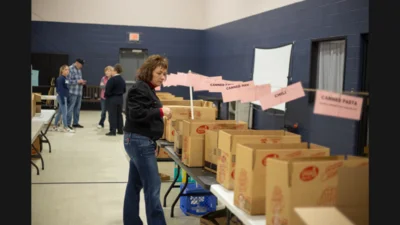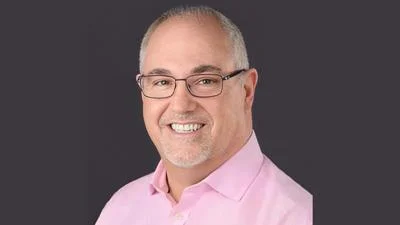MOUNT VERNON – Knox County voters approved an extension of a levy for the Knox County Board of Developmental Disabilities in November, with the unofficial tally receiving 14,097 votes in favor and 7,893 votes against.
That proposal was cut by 0.25 mills, putting a total of $300,000 back to taxpayers.
Voters in November approved a continuous levy of 2.25 mills.
The board serves more people every year but has done well managing its money, Superintendent Steve Oster told the Mount Vernon News.
“We believe at this time we want to roll back our levy a quarter mil, and that will help taxpayers have more money back in their pockets as well,” he said.
He said 75% of the board’s funding comes from local dollars through levies. The waivers program gets 60% of its funding from the federal government, with a required local match of 40%.
“We're mostly relying on local funds as a county as a whole,” Oster said.
In December, the board’s 2022 budget was set at $6.46 million in revenue and $8.95 million in expenditures.
“We're not like other agencies that you have them and they move on. Once we come in, they're with us until really the end of the life cycle, when they pass away. And people are living longer,” he said.
The board has been operating under a 10-year levy that expires after this year but wants to extend it to a continuous levy at the reduced rate.
Even as the case numbers continue to rise, expenses have been artificially low. Because of the pandemic, fewer people had been coming to on-site services.
“Part of it is due to COVID; the attendance for people with disabilities who went to adult day services all but disappeared so there wasn’t as much money spent on those services,” Oster said. “Day services cost more than homemaker personal care services, so with people staying home during the pandemic, we were able to save a lot of money.
“Now that the COVID restrictions are lifting, many adults are returning to Adult Day Services, and this will increase our spending,” he said.
Enrollment has increased by more than 20% and that growth continues to increase every year, he said. Since the levy first passed in 2008, the board increased its enrollment numbers by almost 77%.
“We have had many more children and families enter our Help Me Grow and Early Intervention programs that have lifelong delays and disabilities,” Oster said. “This increase in enrollment will add more costs to our programming.”
Working with multi-system youth – children who require services from more than one child-serving system that may include children services, developmental disabilities, mental health and addiction, and juvenile justice – can add millions of dollars of cost to the program over the levy cycle, he said.
He said they do their best to get people out of institutions to have their own homes in the community.
“This can be costly, but it allows the person to live a fully inclusive life and to do the things that they want to do,” he said.
Sometimes a client needs help from developmental centers or other intermediate care facilities in Ohio for stabilization placements, which he said are very expensive.
The county board is working on collaborative housing for people with complex needs with several other county boards to help stabilize and offer respite services to families and providers, Oster said.
The board put its building addition plans on hold despite having money budgeted for the project because of increased lumber and building costs.







